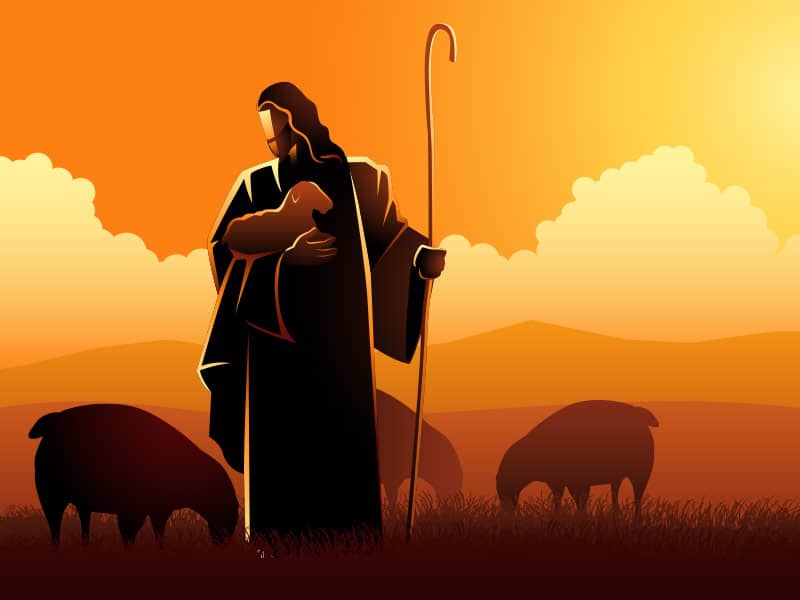The summit, which will open August 28 at the United Nations, will draw more than 1,000 religious leaders from around the world, from the Rev. Jesse Jackson to the chief rabbi of Jerusalem.
But missing from the mix on the summit's opening day will be the Dalai Lama, the exiled leader of Tibetan Buddhism and Nobel Peace Prize winner.
Critics say summit organizers are bowing to Chinese pressure to exclude the 65-year-old leader. The Dalai Lama and China have been at odds ever since the Chinese occupation of Tibet began in 1949. The Dalai Lama now lives in India.
Trying to stem an increasingly hostile wave of criticism, summit leaders this week invited the Dalai Lama to speak at the end of the conference. The Dalai Lama's supporters, however, said because that session would be held at a hotel and not the United Nations, organizers were still giving in to China.
"You do not invite someone with the stature of the Dalai Lama to be part of a meeting in another building," said Brahma Das, director of the Interfaith Call for Universal Religious Freedom and Freedom of Worship in Tibet. "That's not an invitation. That's an insult."
Conference organizers are choosing to walk gently through what has become a political and religious minefield.
"The appropriate reply would be to say that [the Dalai Lama] is invited as a keynote speaker for the closing ceremony," said Bawa Jain, the summit's secretary-general.
Organizers are bringing together leaders of many of the world's religions and spiritual traditions to discuss ways religion can be used to foster peace and reconciliation. Delegates are expected to sign a peace declaration at the end of the meeting.
Among the 60 or so U.S. leaders expected to attend are Jackson, Coretta Scott King, prominent Harlem pastor the Rev. Calvin Butts, Rabbi Arthur Schneier of the Appeal of Conscience Foundation, and the archbishops of the Greek and Armenian Orthodox churches.
Emerging from the conference will be the International Advisory Council of Religious and Spiritual Leaders, which organizers say will be a resource for the United Nations for conflict resolution and peace efforts.
While the conference is largely sponsored by private organizations, the summit's ties to the United Nations are central and unmistakable. U.N. Secretary General Kofi Annan will address the assembly August 28.
The United Nations' ties to the proposed advisory council are also drawing criticism, with some saying the religious sphere and the volatile political nature of the United Nations should never be mixed.
"A permanent institution within the U.N. would weaken the witness of these religious leaders because they would be...bogged down in the political culture of the U.N.," said Brother Wayne Teasdale, a trustee of the Parliament of World Religions.
Organizers, meanwhile, say religious leaders have an important role to play in the international body's global peacekeeping efforts.
"There is no other global body responsible for peacekeeping, and as we move away from the age of the superpowers, it's really the U.N. that is left to bear that role," said Dena Merriam, vice chairwoman of the summit's executive council. "We want the religious leaders to support that effort."
Beyond the delicate political aspects of the conference, organizers say bringing more than 1,000 people from around the world to New York has its own challenges.
Officials had to create birth certificates and buy clothes and underwear for a nine-member Inca delegation from Peru. The spiritual leaders have never seen the ocean, or an airplane, and the United Nations will have to rent horses to get the leaders out of their remote village.
Food is also a problem. Jews will not eat pork, Hindus will not eat meat, Muslims will eat only halal meat, and some won't touch meat at all. The solution? A vegetarian menu, with kosher options.
"It's been a real challenge," Merriam said.

